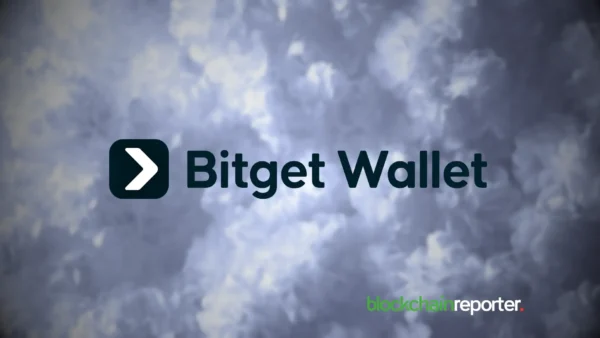
The Hong Kong division of Matrixport, a leading cryptocurrency financial services firm founded by crypto tycoon Jihan Wu, has officially applied for a virtual asset trading platform license. Operating under the name Flying Hippo Technologies Limited, the application was lodged with Hong Kong’s Securities and Futures Commission (SFC) on February 26.
This places Matrixport among 21 companies seeking to secure a virtual asset trading platform license in the region. To date, only two platforms, OSL Digital Securities and Hash Blockchain, have successfully obtained the coveted license from the SFC, highlighting the stringent regulatory requirements and the meticulous review process undertaken by the commission.
This strategic move by Matrixport comes as a crucial deadline approaches. Virtual asset (VA) trading platforms based in Hong Kong are required to file their applications for a license by February 29 or face a mandatory halt in operations by the end of May. The looming deadline has sparked a rush among platforms to comply with the new regulatory standards set forth by the SFC.
The push for licensing aligns with broader efforts by Hong Kong authorities to establish a robust regulatory environment for digital assets. Following a tumultuous period marked by high-profile collapses, such as the FTX crypto exchange, the SFC introduced stricter regulations for digital asset firms last year. Implemented in June, these regulations included a comprehensive licensing system for cryptocurrencies, thereby opening the door for retail cryptocurrency trading under enhanced oversight.
Matrixport Steps Up to Regulatory Plate
Matrixport’s application is not just a bid for compliance; it is also a testament to the firm’s market foresight and strategic positioning. Earlier this year, Matrixport accurately predicted that Bitcoin’s value would surge to $50,000 in the wake of the SEC’s approval of Bitcoin spot ETFs. As of today, the cryptocurrency is trading at approximately $59,027, underscoring the firm’s insight into market dynamics.
The regulatory landscape in Hong Kong is becoming increasingly stringent for those operating without a license. Unlicensed crypto exchanges risk facing severe penalties, including fines and possible imprisonment. This hardline stance was further illustrated by the case of the crypto exchange JPEX, which faced legal repercussions for operating without a license and engaging in promotional activities through influencers and over-the-counter virtual asset money changers.
Violations of the Anti-Money Laundering and Counter-Terrorist Financing Ordinance (AMLO) carry significant consequences, including fines of up to $10,000,000 and imprisonment for up to 10 years upon conviction. These stringent penalties underscore the Hong Kong government’s commitment to combating fraudulent and deceptive acts within the virtual assets space.
As the deadline for license applications draws near, the actions of Matrixport and other platforms will be closely watched by industry observers and regulatory bodies alike. The outcome of these applications could set the tone for the future of cryptocurrency trading in Hong Kong and potentially serve as a model for regulatory approaches worldwide.









